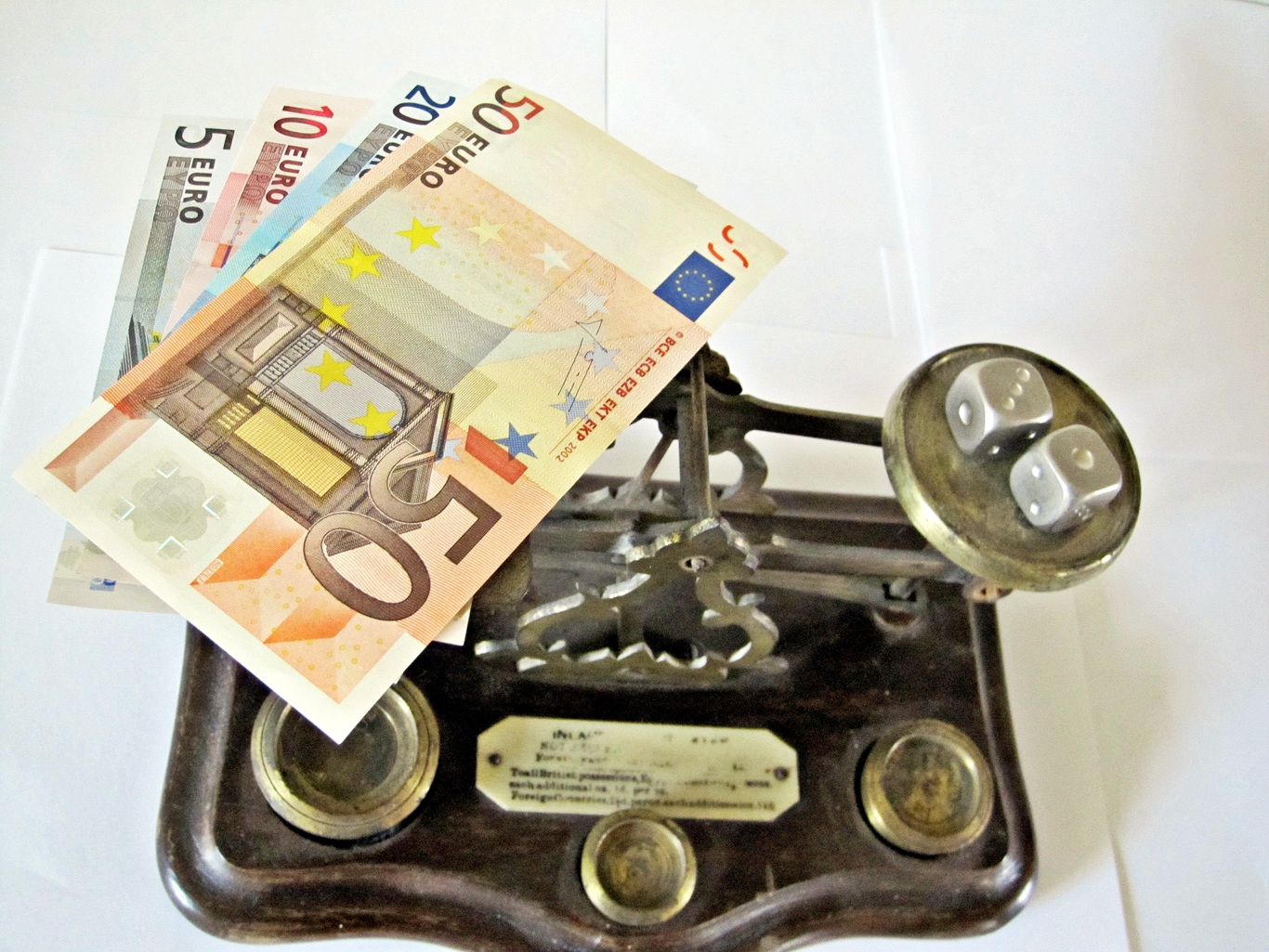How almost any new Irish company can qualify for a state-backed investment
Young firms have a few good options for funding outside traditional routes like banks.
ONE OF THE most attractive, non-bank sources of funding available to Irish companies is the under-utilised Employment Incentive Investment Scheme (EIIS).
It is particularly useful for early stage companies, which often rely on family and friends for funds – mostly with no security provided.
Under the EIIS scheme, a company benefits from a guaranteed minimum investment period of four years, while the investor is guaranteed tax relief on the funds they invest.
For the investor, this equates to a potential 40% tax-free dividend – regardless of whether or not the company they are putting their money into ultimately fails.
A total investment of €10,000, for example, could amount to a net outlay of just €6,000, which makes it easier for companies to approach potential investors with the promise that they will be guaranteed some recompense for their entrepreneurial spirit.
The benefit to the government in granting tax relief to encourage equity investment, as opposed to bank debt, is to gain an uplift in employment, as well as research-and-development activity.
The scheme
An EIIS investment may be made in a new company or in an existing company which was established no more than seven years prior to investment. A company may raise up to €5 million annually subject to a lifetime limit of €15 million.
It is required that money invested in eligible shares of a qualifying company be used for the purpose of carrying on relevant trading activities or, where the company hasn’t started to trade, in incurring expenditure on qualifying research and development.
In addition, the legislation requires that the money is used with a view to the creation or maintenance of employment in the company.
Investor relief
The legislation is quite complex, containing many restrictions and conditions which, when satisfied, entitle individuals to claim tax relief under EIIS or for ’specified individuals’ to claim seed capital relief under the Start-up Refunds for Entrepreneurs (SURE) scheme.
The intention of SURE is to encourage employees to set up their own businesses, with rebates of tax paid under the PAYE system in previous years available to help fund the new company.
An Irish tax-resident individual may invest from as little as €250 to a maximum of €150,000 for eligible shares in a qualifying company in any tax year.
The relief is generous in that it can be used to shelter the total income of the investor, not just PAYE or trading income. It could be particularly useful, therefore, for those investors in receipt of passive income such as rental income.
It is money invested that qualifies, so shares issued in return for assets or loan forgiveness do not qualify.
There is an exception in relation to SURE, in that a seed-capital investor may convert a director’s loan to share capital if the investor has met company expenses from their own resources and the conversion happens within 12 months. The loan must have been paid in cash and not be a notional salary foregone.
Like any investment, there has to be normal commercial risk for the investors in the scheme, and there can be no arrangement which would protect the EIIS investors against a loss after the end of the specified period. Investors are also denied the full benefit of the relief if they receive value from the company.
Summary
The SME sector has an advantageous alternative to the costs of seeking finance through the more traditional routes.
With proper advice, the underutilised EIIS and SURE reliefs both offer SMEs an opportunity to move away from over-reliance on bank finance and to release the costs associated with such finance to fund the trading activity of the company.
Pat O’Shea is a tax manager at Mazars.
If you want to share your opinion, advice or story, email opinion@fora.ie.






